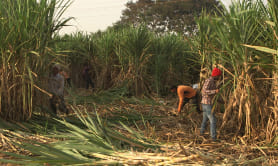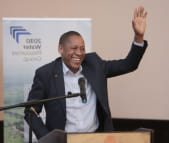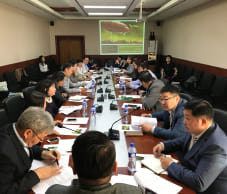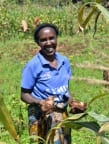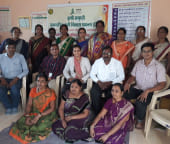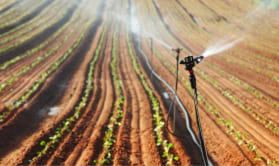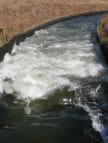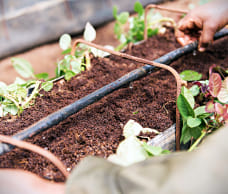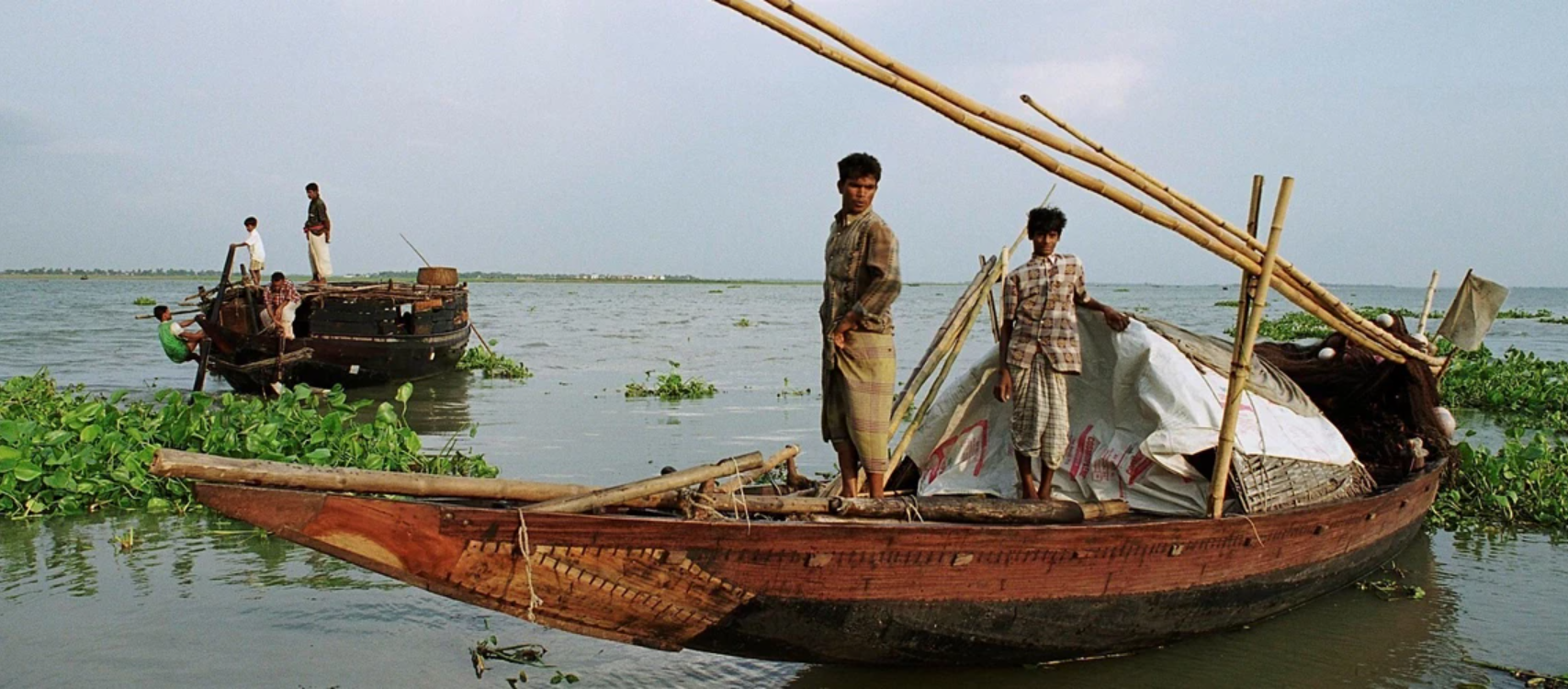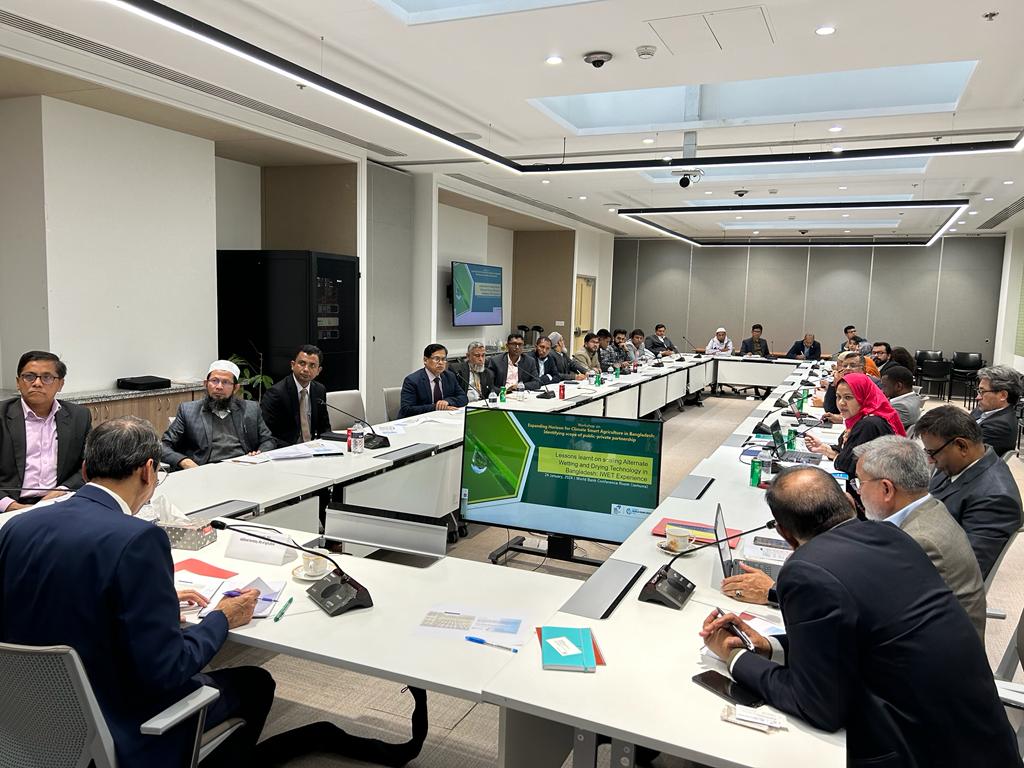2030 WRG: Collective Action on Water Security
for People, Environment, and Economy
The 2030 Water Resources Group (2030 WRG) is a public, private, civil society multi-donor trust fund hosted by the World Bank Group. We support stakeholders in collective decision-making, and in co-designing out-of-the-box solutions that promote strong socio-economic development across all sectors connected to water.
Our Impact in Numbers (Cumulative)
1,009 partners (334 public, 350 private, 325 civil society / other)
14 countries/states across the globe
USD 993 million in financing facilitated for water-related programs

Who we are
The 2030 Water Resources Group (2030 WRG) is a unique public, private, civil society partnership. It is hosted by the World Bank Group. With more than 1,000 partners around the world, our platforms help to drive systemic change and advance transformative leadership of institutions.
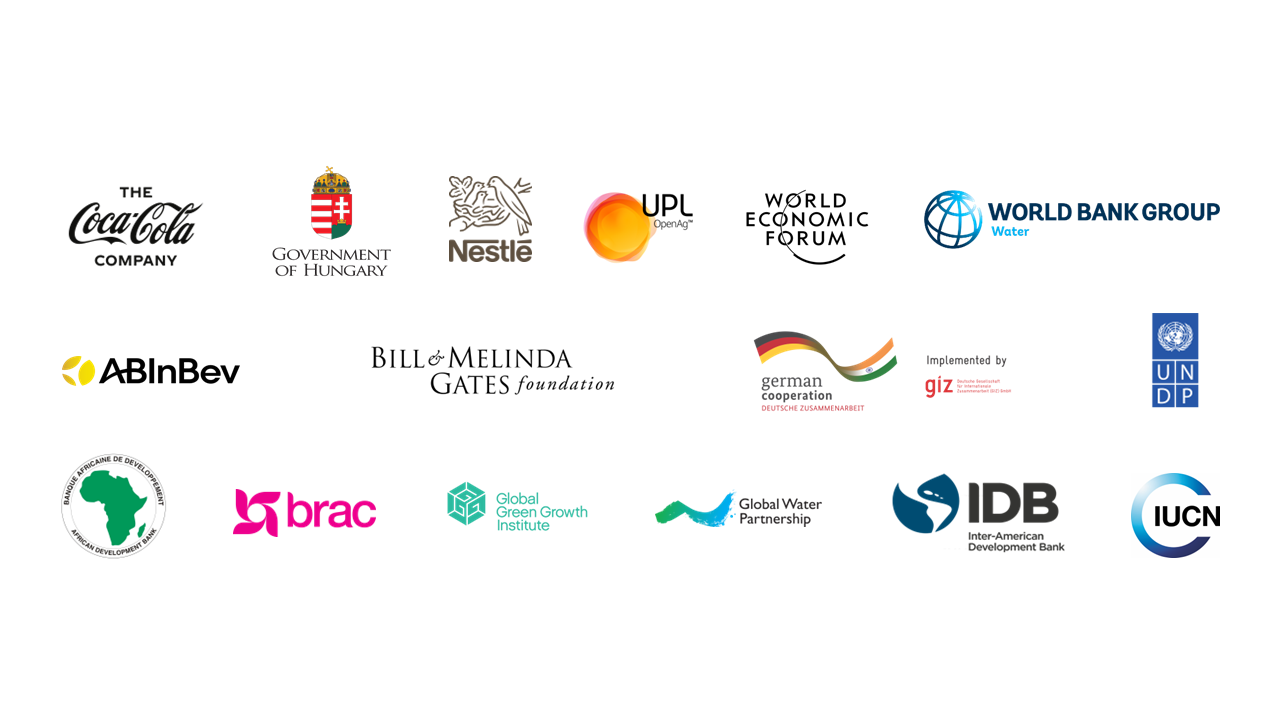
Where we work


Mexico
Mexico faces important water resources management, water supply and sanitation, and water security challenges. A “gap analysis” conducted recently estimates that in 2030, the water gap could exceed 23 million m³/year.
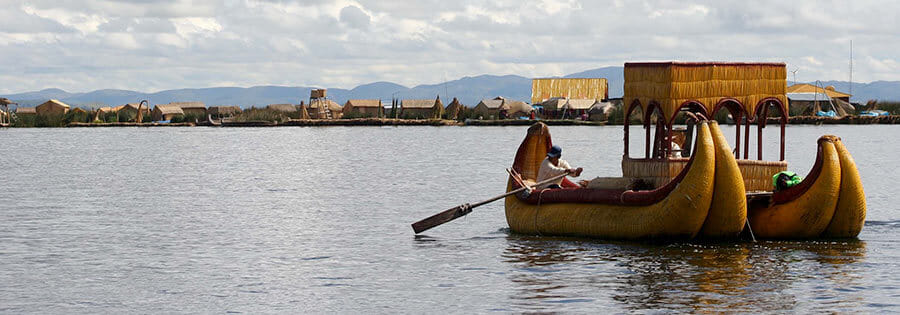

Peru
Programs in Peru


Sao Paulo, Brazil
While 31% of the Brazilian GDP and 22% of the country’s population are concentrated in the State of São Paulo, the region has been under severe water stress in the last few years, threatening water availability for human supply and economic activities.


Mongolia
Programs in Mongolia


Bangladesh
Programs in Bangladesh
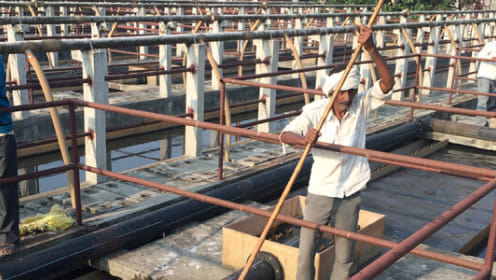

India
Programs in India


Ethiopia
Programs in Ethiopia
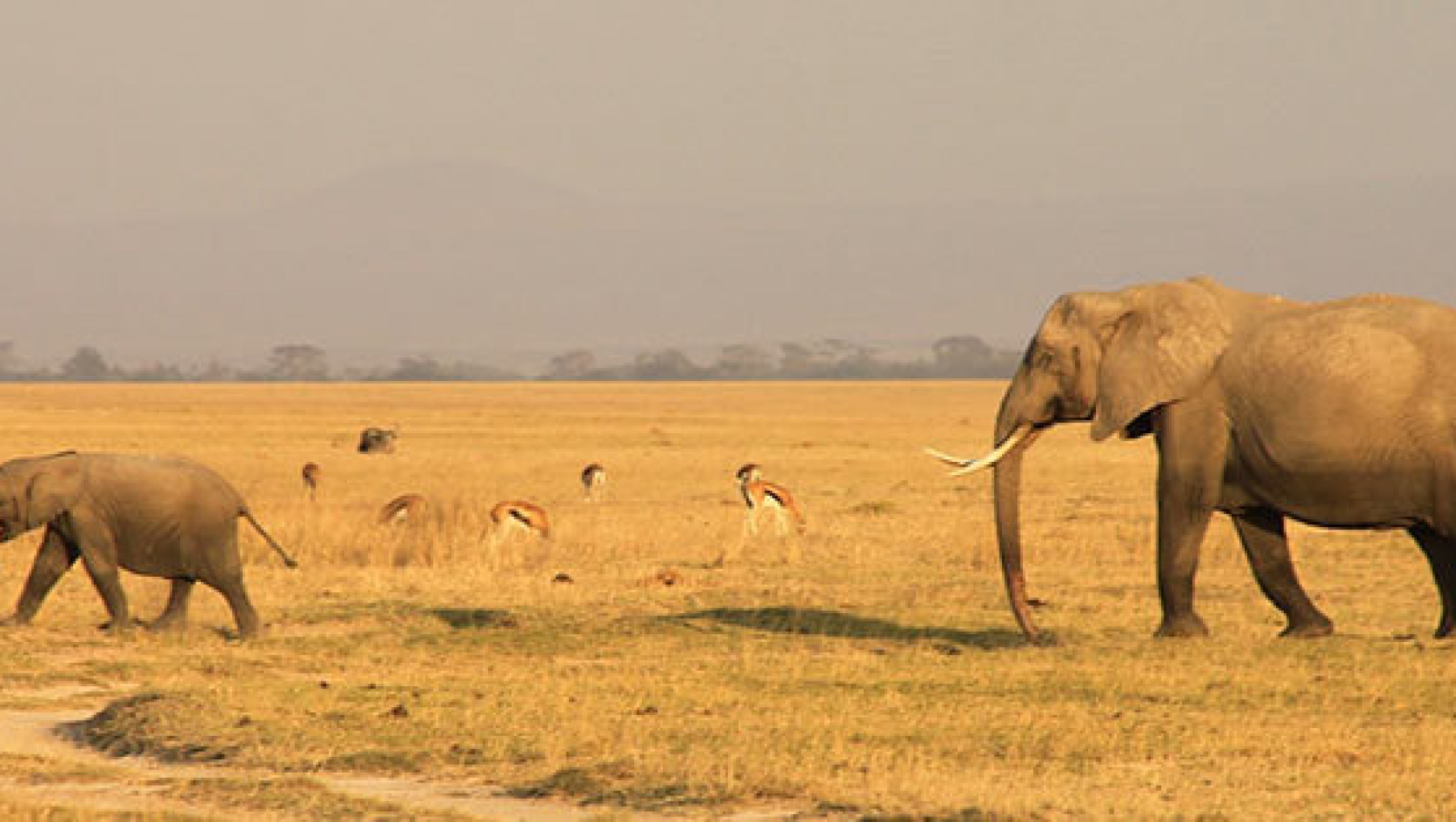

Kenya
Programs in Kenya


Tanzania
With an extremely low level of water storage capacity, and water availability that is highly variable in space and time, Tanzania faces major constraints in securing enough water for its environmental, social, and economic needs.
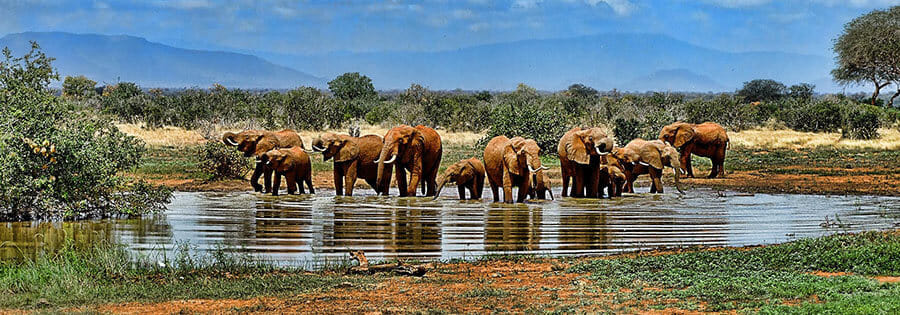

South Africa
Programs in South Africa


Vietnam
Vietnam has sufficient water to support its population. However, due to the uneven spatial and temporal distribution of precipitation, there are water scarce areas and flood prone areas. Climate change is expected to exacerbate the water challenges.
Kazakhstan
Programs in Kazakhstan
Get the latest
Subscribe to our newsletter to be the first to receive news and our current resources

